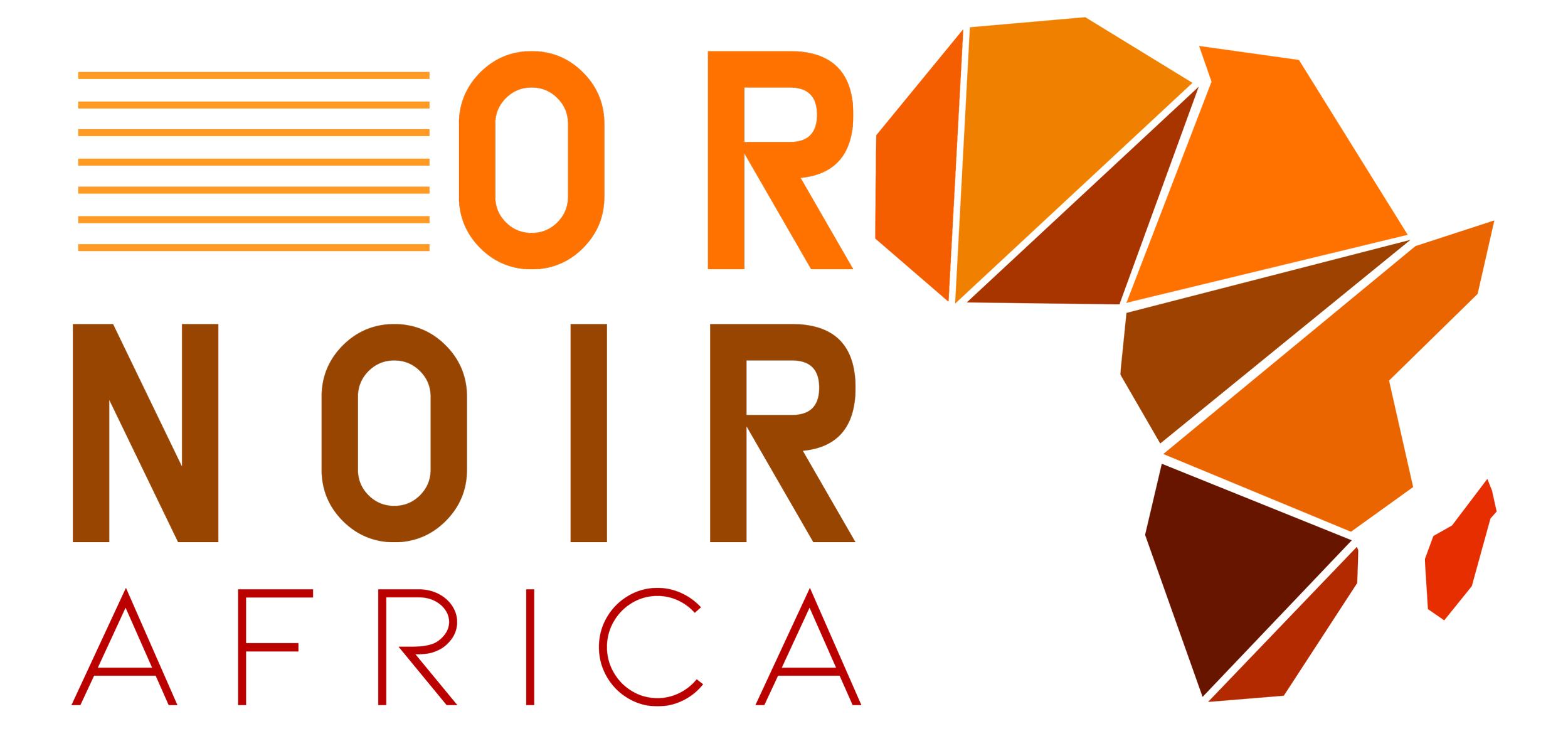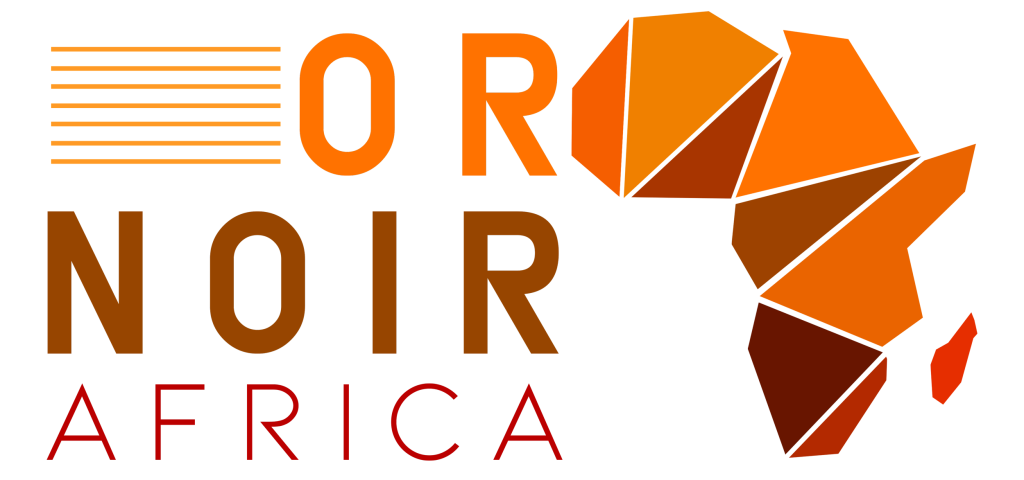La nationalisation des actifs d’Esso Tchad, contestée par Savannah Energy PLC, a été votée par le Parlement de transition tchadien.
Le Parlement de transition du Tchad a voté mercredi une loi entérinant la nationalisation de tous les actifs d’Esso Tchad, une ex-filiale du géant américain des hydrocarbures actifs ExxonMobil, dont N’Djamena conteste la vente récente à une compagnie britannique.
“La loi portant nationalisation des actifs et droits d’Esso est adoptée à 98,3%”, a déclaré Aziz Mahamat Saleh, porte-parole du gouvernement. Elle a été votée par le Conseil national de transition (CNT), installé début octobre après qu’un dialogue de réconciliation nationale (DNIS) a octroyé 24 mois de plus comme président de transition à Mahamat Idriss Déby Itno.
Le CNT, dont les “députés” ont été nommés par M. Déby, fait office de parlement depuis qu’il a été proclamé une première fois chef de l’Etat le 20 avril 2021, à la tête d’une junte de 15 généraux. Le texte a été adopté par 172 voix pour, une abstention, et une voix contre, moins d’une semaine après la publication d’un décret annonçant cette nationalisation. “Sont nationalisés tous les actifs et tous les droits de toute nature découlant des conventions, permis de recherche, autorisations d’exploitation et autorisations de transport des hydrocarbures de la société Esso Exploration and Production Chad Inc.”, stipule un décret signé par M. Déby et diffusé vendredi.
Le 9 décembre 2022, Savannah Energy PLC, qui opère essentiellement en Afrique, avait annoncé par un communiqué qu’ExxonMobil lui avait cédé la totalité des actifs de sa filiale Esso Exploration and Production Chad Inc. qui comprennent notamment des concessions dans certains champs –notamment le gisement de Doba dans le sud– et la vente du pétrole extrait, ainsi qu’une participation dans le pipeline Tchad-Cameroun qui permet d’acheminer le brut jusqu’au port camerounais de Kribi. Le Tchad avait immédiatement contesté cette vente, assurant qu’elle avait été “réalisée en dépit des objections expresses du gouvernement tchadien” et au mépris de son “droit de préemption”.
Savannah Energy s’est insurgée vendredi dans un communiqué contre ce qu’elle considère comme “une violation directe des conventions internationales”, et avait annoncé son intention de poursuivre l’Etat tchadien. L’entreprise se prévaut également d’un arbitrage récent de la Chambre Internationale du Commerce de Paris (ICC) qui avait arbitré le 7 janvier en sa faveur.
Le Tchad, vaste pays semi-désertique d’Afrique centrale, est devenu en 2003 l’un des pays africains producteurs et exportateurs de pétrole dont il est devenu très dépendant depuis. Les bénéfices tirés des hydrocarbures représentaient en 2020 11,33% de son PIB, selon la Banque mondiale.


